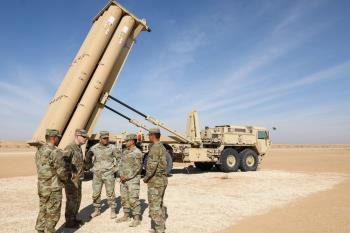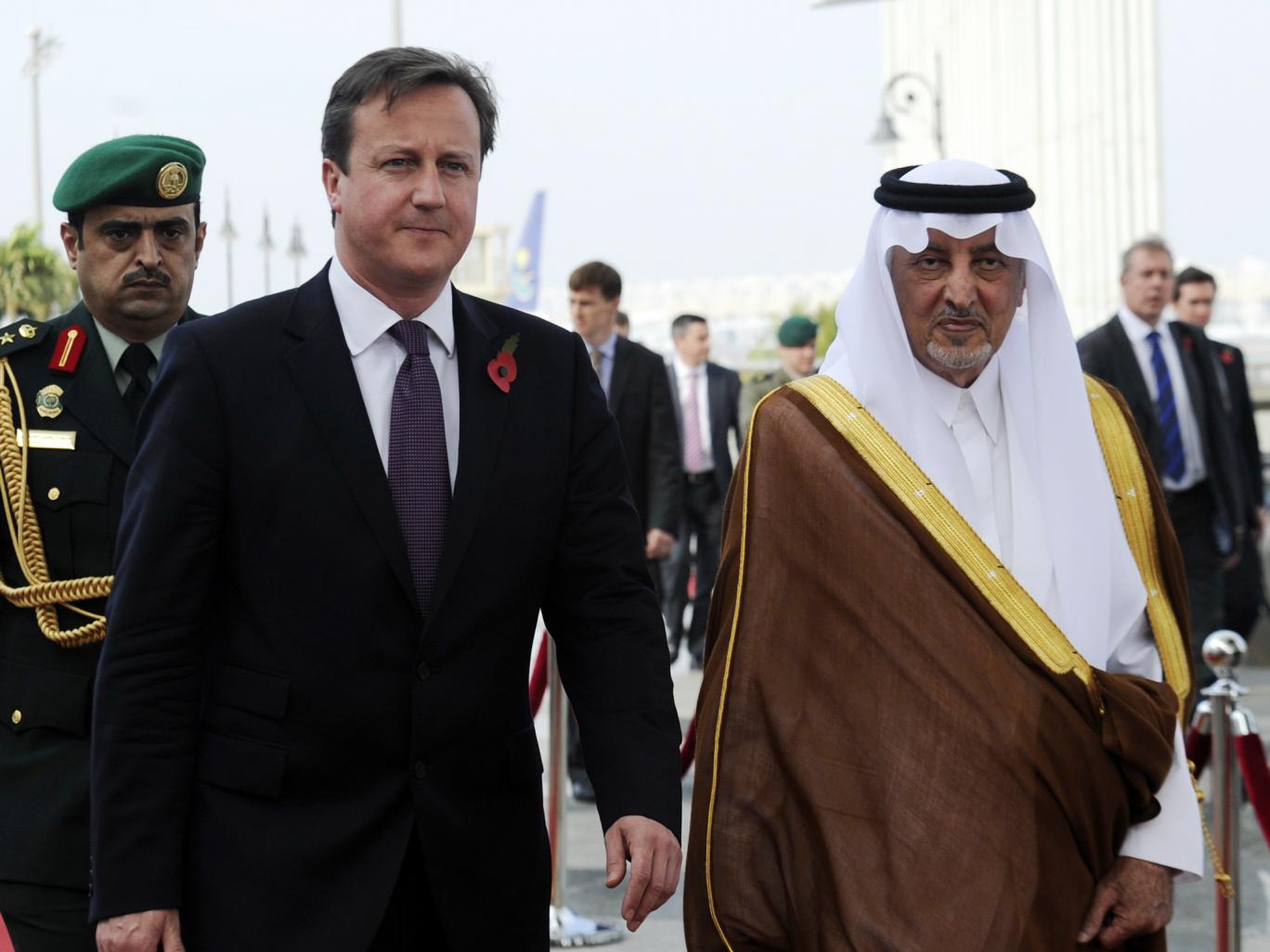Alwaght- Stockholm International Peace Research Institute (SIPRI) released a new report on 22 February 2016, saying "As regional conflicts and tensions continue to mount, the USA remains the leading global arms supplier by a significant margin".
As the volume of international transfers of major weapons has risen by 14 per cent between 2006–10 and 2011–15, SIPRI's new data on international arms transfers shows that "the US was the top arms exporter in 2011–15 with a 33 per cent share of total arms exports.
"The USA has sold or donated major arms to at least 96 states in the past five years, and the US arms industry has large outstanding export orders, including for a total of 611 F-35 combat aircraft to 9 states," said Dr Aude Fleurant, Director of the SIPRI Arms and Military Expenditure Program.
Arms imports by West Asian Arab states rose by 61 per cent between 2006–10 and 2011–15, SIRI report reads, adding Saudi Arabia was the world’s second largest arms importer in 2011–15, with an increase of 275 per cent compared to 2006–10. In the same period, arms imports by the United Arab Emirates rose by 35 per cent and those by Qatar went up by 279 per cent.
SIRI report also reveals that Persian Gulf Arab states use Western-sources arms against impoverished Yemeni nation.
"A coalition of Arab states is putting mainly US- and European-sourced advanced arms into use in Yemen,’ said Pieter Wezeman, adding "Despite low oil prices, large deliveries of arms to the Middle East are scheduled to continue as part of contracts signed in the past five years."
Yemen has been under military attacks by Saudi-led coalition since late March last year in a bid to bring the country’s fugitive former President Abd Rabbuh Mansur Hadi, a Riyadh ally, back to power.
Over 8,400 people, among them 2,236 children, have been killed and 17000 others injured since the onset of the warfare. The strikes have also taken a heavy toll on the impoverished country’s facilities and infrastructure, destroying many hospitals, schools, factories and mosques.
Meanwhile some western countries not only turned a blind eye to all these crimes but also, according to the published reports they directly and indirectly been assisting Al Saud on its war against impoverished Yemeni nation.
The Sky News’ website on January 7, 2016 in an exclusive report has revealed the role taken by the British government in the aggression against Yemen. Highlighting the fact that Britain’s military experts are providing military advices to the Saudi military forces in war on Yemen, the report adds that “now it appears that Britain, already a massive source of weapons and bombs to the Saudi Kingdom, is helping in more direct ways”.
Six British military experts are working with the agents who are tasked with detecting and determining the bombing targets in Yemen, according to the Sky News’ report, though the British ministry of defense in a statement has denied the direct involvement of Britain’s military experts in the Yemeni war, claiming that they were only training the Saudi forces to help find the targets to be attacked later.
The lawyers acting for the Campaign against Arms Trade have filed a lawsuit against the British government for selling arms to Saudi Arabia and for breaching the international laws. This activists group has earlier warned Britain’s prime minster that it would launch legal proceedings against the British arms sales to the Arab kingdom and against use of these arms against the Yemeni civilians.
The Saudi regime has managed to continue its brutal war on Yemeni people following the participation of Israel, the United States, and the United Kingdom warplanes in airstrikes targeting civilians in the country, a Yemeni military official has revealed.
Yemeni army spokesman Brigadier General Sharaf Luqman said on Thursday that the US, Britain and Israeli warplanes are directly involved in bombardment of Yemen since as Saudi pilots are unable to conduct sorties with modern warplanes.
Brigadier General Luqman said that Yemeni army and fighters of the Ansarullah movement have so far downed three F-16 fighter jets, 10 Apache helicopters and dozens of drones.
In mid August last year, Lt. Col. Peter Lerner, Israeli regime's army spokesperson in a j o i nt press conference with Egyptian military officials in Cairo tried to insinuate the idea of potential Saudi-Israeli co-operation in striking Ansarullah fighters. Lerner did not explicitly specify whether the Israeli regime's F16 pilots themselves would take part in combat or just military assistance and experts are what Israel can offer.
"We have common enemy in Yemen…the Saudis are utterly hapless to rout rebels' encroachment, thus to break the status quo we made sincere proposals to our Saudi partners," the Kuwaiti News Agency (KUNA) cited the Israeli official as saying.



























